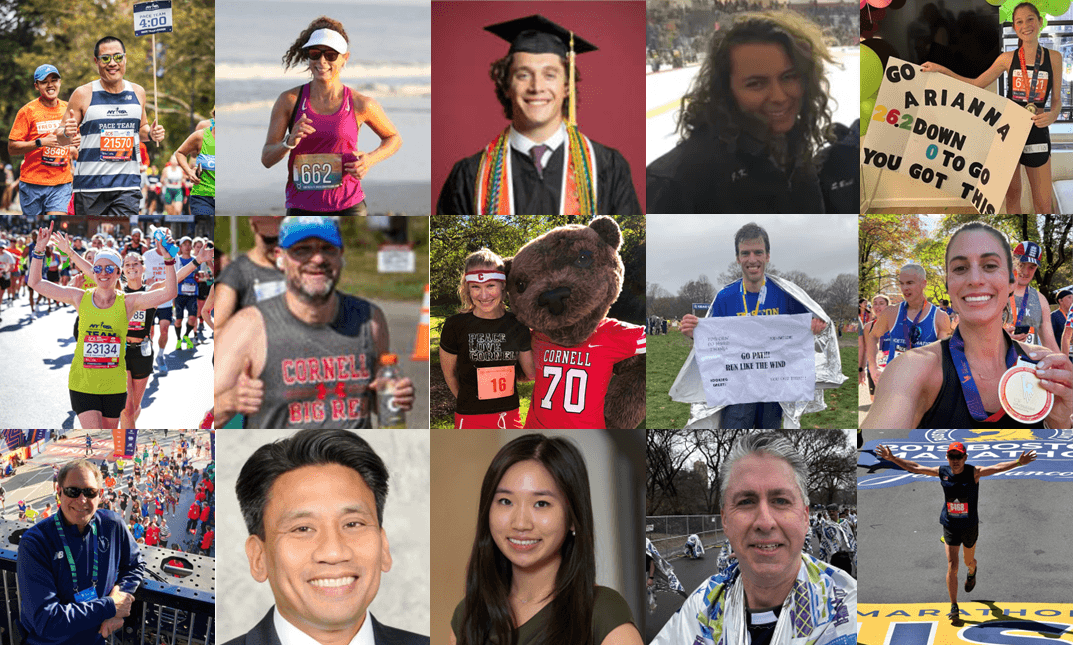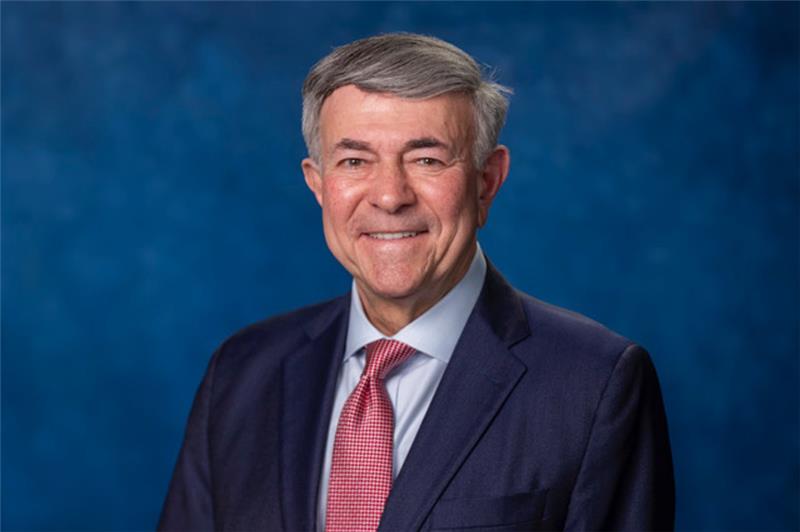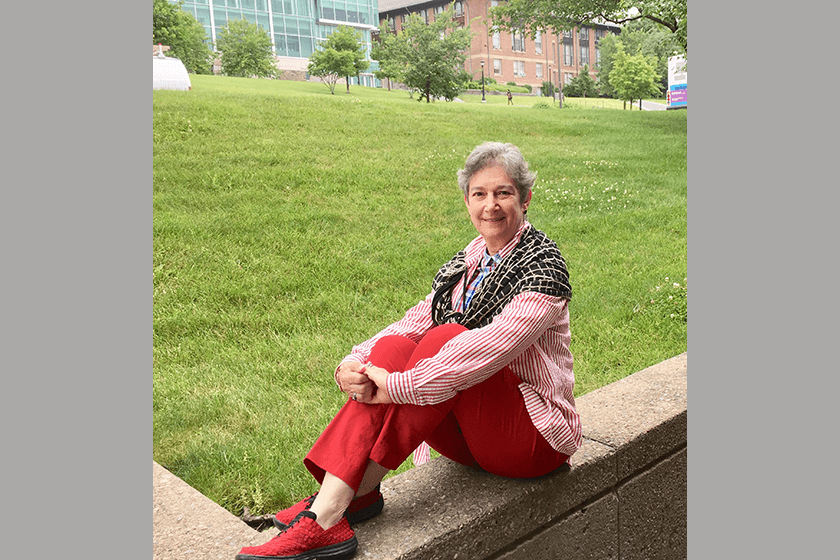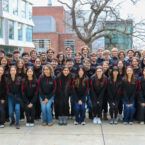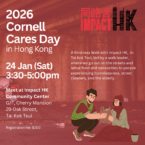Fariha Ahsan serves as director of the Diversity Innovation Hub at Mount Sinai. Its mission focuses on increasing the capacity and representation of minority and women entrepreneurs while investing in innovations that thoughtfully address social determinants of health and providing industry leadership on community-centered equity solutions.
Fariha immigrated to the United States from Saudi Arabia at 17 to begin her studies at Cornell University. Since then, she’s helped lead a nonprofit dedicated to improving access to maternal care for immigrant mothers; oversaw the digital health team at New York Presbyterian, across ten hospitals and two physician organizations, through a pandemic when her team supported 80% of all patients; and completed two graduate degrees – the most recent from Weill Cornell in Health Informatics where she focused on how biases can be identified in our clinical decision systems.
What drew you to a career in social impact?
I was always excited about the intersection of technology and healthcare but found it difficult to navigate my way through entrepreneurship because there weren’t many people in the space who looked like me. I knew I wanted to address that. Through my own experiences and helping my parents and community navigate healthcare appointments and digital health tools, I realized that accessibility in innovation wasn’t a priority for everyone, but it was for me, and I was lucky to drive a lot of that work in my career.
What most excites you about your work?
Jobs like mine didn’t exist a few years ago. The path ahead is also not already built, and I get to do a lot of that construction along that way —that also means that I must consciously advocate for myself.
In your career thus far, how have you found mentors and made connections along the way?
One of the amazing things about Cornell is the network of individuals with diverse career paths that I was able to build. Mentorship of individuals in other spaces outside of health tech and DEI has been essential in helping guide me and continuing to help our team innovate.
Do you have any piece of advice for Cornellians starting out or transitioning into a career in social impact?
If you feel strongly about something, find ways to connect your work back to it, whether it’s your day job, volunteering, or discovering more outside of work. It felt like my career was a little all over the place for a long time, but the right opportunities and thinking about my north star brought all those experiences together.
What role has the Cornell network played along your career?
The Cornell network was a connecting factor in helping me meet many like-minded individuals and was the space where I recognized opportunities in inclusion and diversity work. I was part of the inaugural class/training cohort behind the Engaged Cornell initiatives, and I see how much that has grown and ingrained itself into work that is truly community-driven at Cornell. I look forward to continuing to learn and driving the same growth in the health tech space.

